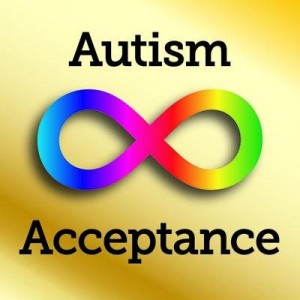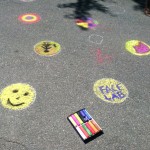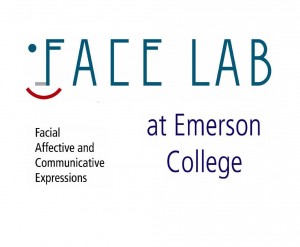Gender and Autism – Autistic people what gender (or sex) are you? Or those o your autistic loved ones?
Sorry an odd question but let me explain.
As some of my more regular readers know that I have a , now, nine year old autistic son and also I spend nearly a decade of my life working in healthcare survey research.
This has given me a huge distrust of any government supplied data. (For lots of reasons, in fact, but tardiness (by our governments) does come into it).
So one of the figures which interested me at the moment are that of gender and autistic diagnosis. The number thrown out a lot is that only 20% of people diagnosed with autism are female.
Is this true?
To find out I have decided to run my own poll on the subject which you can find below.
It would be great if you could take part either on your own behalf or those of a loved one.
Thanks very much in advance.
PS I am aware of the developments in the autistic transgender community and I have tried to cover to some extent in the possible answers. I appreciate such endeavours are quite good enough so I would be grateful if you could share any thoughts you many have regarding definitions of autistic transpeople in the comments section below! Again thanks.






